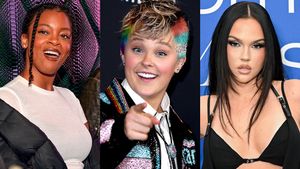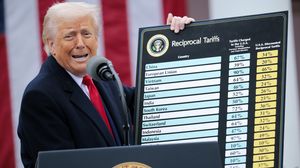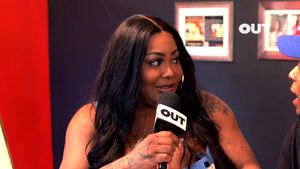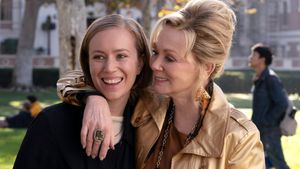Hello, world. Today I am ready to stand in my truth and proudly proclaim that I am bisexual. Today, as the LGBTQ movement celebrates National Coming Out Day, I too am taking a major step toward my personal liberation. I cannot say that I take this step fearlessly. If I were to claim fearlessness, it would only be my bravado talking. Instead, I take this step bravely, recognizing that I am afraid, but I am finally not controlled by my fear. Instead, I choose to be fully open about my sexuality, despite the fear it brings me.
I know that more and more people, cisgender women in particular, have come out as bisexual or pansexual in recent years. Heck, we even have a pansexual member of Congress! But let's face it: Most of the stories we hear are about white folks. There are still too few black bisexual women telling our side of the story, and I'd like to offer mine.
I have consciously contemplated the decision to come out as bisexual for many, many years. One of the most important realizations that I had along my journey was that before I could really listen to myself and learn my truth, I had to unpack a lifetime of false and hateful rhetoric about bisexuality that I had absorbed from the media, and, I hate to say it, friends and family too. I needed to spend time busting myths about bisexuality wide open, like the myth that bisexuality isn't even a real sexual orientatio -- what a crock! Furthermore, and maybe this is the millennial in me, but I hate labels (including millennial!). I'm a young black woman in America, and it often feels like the labels I already carry are almost too heavy to bear.
It seems like every time I look at a television, a newspaper, or social media, another black body has been killed at the hands of a white supremacist society, including the black women whose stories are among the least likely to be told. Despite the tribulations and daily stressors that I face as a black person, I am also empowered by my blackness. Growing up in a Southern black household and attending weekly services at a historic black church, I knew that blackness was beautiful no matter what white folks on TV or down the street might say. My parents taught me about my worth as a black person. I have always known that black girls are both magical and real.
As a black woman, I feel strongest when I claim my truth as a black feminist. I am a fierce advocate for equality and justice, and I believe that my place as a woman -- in society, in the workforce, in relationships -- is entirely up to me, even if my place in social justice movements isn't always easy to find. I proudly call out racism in the women's rights movement and sexism in the racial justice movement -- though it does get tiring! Throughout my life, race and gender have given me plenty to navigate in this world -- and it's only now that I feel the space to bring my sexuality into a full understanding of who I am.
I used to worry that labeling myself as bisexual would result in confining myself into an even smaller box, an even more confining label. But I have come to realize that coming out as bisexual and sharing my story actually does the opposite. It gives me room to breathe. And I hope, in a small way, it makes room for you to breathe too, whether you share my exact path or not.
I am fortunate enough to fight for equality daily as the policy counsel for reproductive health, rights, and justice at the National LGBTQ Task Force. And both the reproductive justice movement and my current workplace have inspired me to be my full self. Advocating for abortion rights and access alongside some of the fiercest queer and transgender people that I have ever met has been rewarding professionally and personally. Working at the Task Force has been like finding a home that I wasn't even looking for and I didn't even know that I needed. My colleagues are some of the best people that I have ever met. Watching my colleagues live their lives openly, despite the constant attacks that many LGBTQ people face, has inspired me to do the same.
I am similarly inspired by the women, transgender men, and gender-nonconforming people I've met who are openly sharing their abortion stories, without shame or guilt. Watching them stand in their truth has given me the strength to stand in mine.
As a femme-presenting cisgender woman, married to a cisgender man, coming out is a choice for me -- because the truth is I could easily hide. When people see a woman and a man together, most assume both people are straight. This prejudice, known as "bi erasure," could allow me to "pass" for straight, but I don't want to live a lie or benefit from biased assumptions.
I also refuse to contribute to the myth that my sexual orientation is defined by my husband. I am a sexual being in my own right. He is the person whom I love and have chosen to spend my life with, but I will always be who I am, and I am thankful that my husband, Scott, understands that important distinction.
I am eternally grateful to Scott for ensuring that I did not have to travel this long journey alone. For the past seven years, he has been my biggest supporter. Today, as I come out to the world, I want to thank him for giving me the space to learn my truth and for always loving me unconditionally. Scott, I don't know if I would be able to love myself for all of the things that I am without you first showing me what love truly is.
As for the rest, I don't know how my family, my friends, and our church community back home will react if they should read this piece -- and with social media, all things are possible. I hope that some will simply show love and support, and I also hope that those with nothing nice to say will keep their disapproval to themselves. But mostly I hope that other black women, especially young black girls, will read this and know they are not alone.
 CANDACE BOND-THERIAULT is policy counsel for reproductive health, rights, and justice at the National LGBTQ Task Force.
CANDACE BOND-THERIAULT is policy counsel for reproductive health, rights, and justice at the National LGBTQ Task Force.
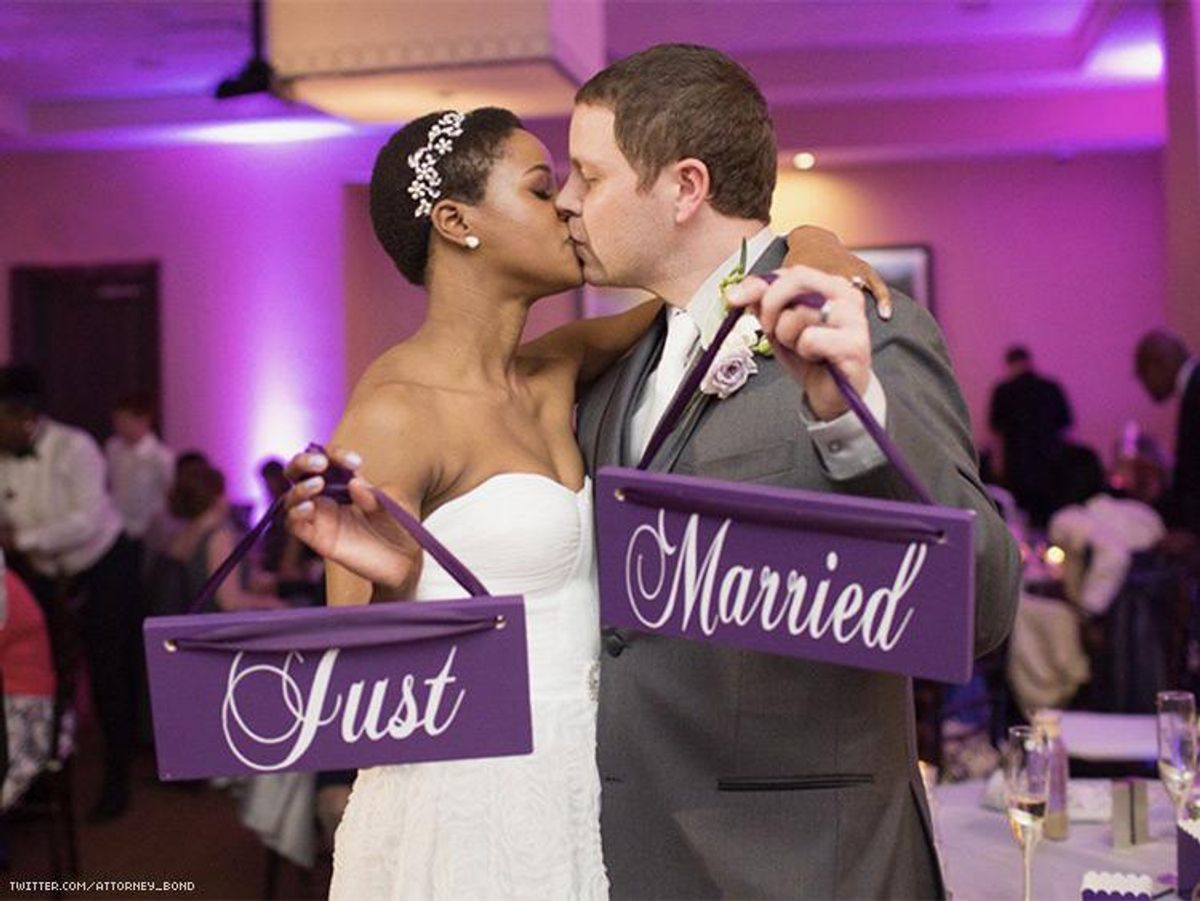





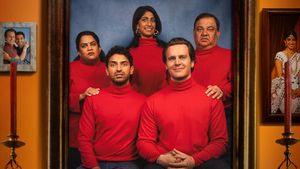







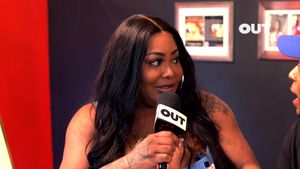














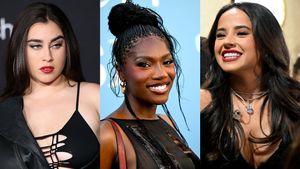


 CANDACE BOND-THERIAULT is policy counsel for reproductive health, rights, and justice at the National LGBTQ Task Force.
CANDACE BOND-THERIAULT is policy counsel for reproductive health, rights, and justice at the National LGBTQ Task Force. 




